Ms. Mui said that now, all you need to do is use your Citizen ID card and scan your face to verify your identity, get registration information at the kiosk to complete the medical examination registration process. All steps take less than 1 minute, very convenient.
Less waiting, less hassle
Similarly, Mr. Nguyen Trong An (61 years old, living in An Nhon ward) also expressed satisfaction when he did not have to jostle, queue, or wait for a long time because his son at home had registered for an examination through the switchboard and received an electronic examination form. When he arrived at the hospital, he just went straight to the examination room at the appointment time without having to take a number at the counter.
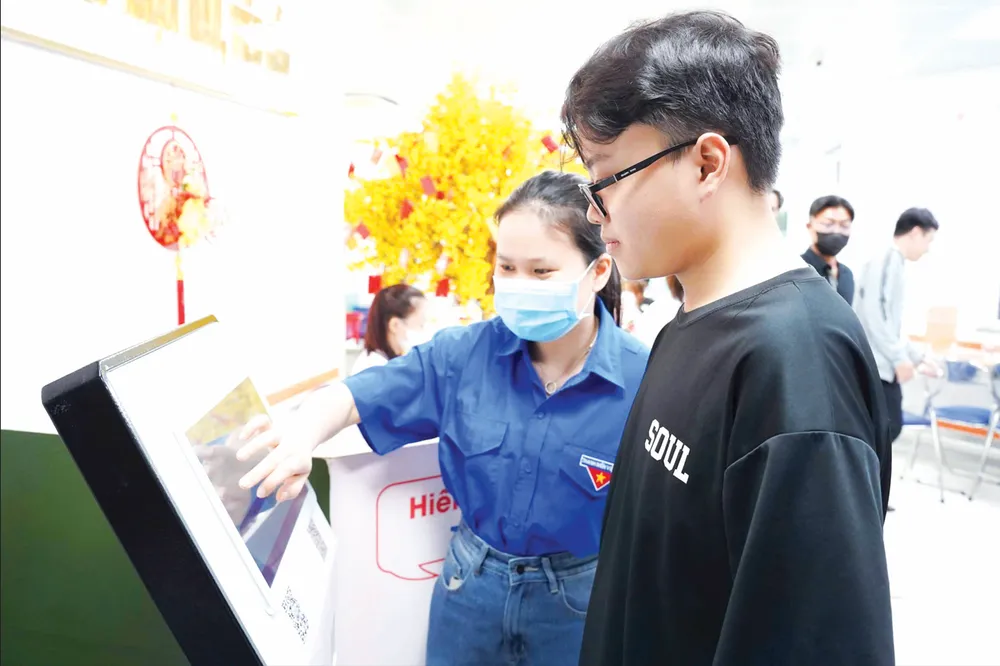
According to Dr. Nguyen Hoang Hai, Director of Gia Dinh People's Hospital, the hospital receives 4,000 patients for medical examination and treatment every day. To meet the demand and increase patient satisfaction, the hospital has promoted the application of information technology and digital transformation in medical examination and treatment such as: implementing electronic medical records; applying information technology in human resource and financial management; applying artificial intelligence (AI) and big data to improve the efficiency of medical examination and treatment... In particular, the hospital has put into use smart reception kiosks to reduce procedures in the medical examination stage.
“In the past, patients had to go through many steps to get examined, but now with the application of fingerprint recognition technology with integrated payment, patients can shorten their waiting time from 30-60 minutes. They only need to register for fingerprints once and the next time they go to the doctor, they just need to scan their fingerprints through the smart kiosk to go straight to the examination room without having to queue,” informed Dr. Nguyen Hoang Hai.
At People's Hospital 115 (HCMC), Dr. Nguyen Thanh Hai, Head of the Examination Department, said that since 2023, the integration of electronic health records on the VNeID application has been implemented for all patients coming for examination. The integration helps patients reduce administrative procedures and waiting time.
Patients coming for examination only need to bring their phones to scan the QR code and check their medical history at any time, and medical staff also save time collecting information about the patient's treatment process. From there, the doctor will have a suitable treatment plan, the hospital will screen the disease better, the right person, the right disease to increase treatment efficiency.
At the National Achievement Exhibition “80 Years of Independence - Freedom - Happiness Journey” taking place from August 28 to September 5 in Hanoi, the Ministry of Health organized a booth to display and introduce many modern technologies in medicine such as: CT data analysis solutions to detect early lung and cardiovascular cancer with 98% accuracy, returning results in 1-2 minutes; digital applications to help people manage health records anytime, anywhere; 3D printing technology in medicine...
In particular, the Ministry of Health will introduce the unique technology of "Hololens augmented reality glasses" - allowing doctors at lower levels to connect directly with experts in real time, helping to handle cases accurately and promptly.
This technology helps shorten geographical distances, reduce unnecessary referrals, and facilitate online clinical training. Instead of bringing patients to specialists, technology brings specialists to patients.
Towards creating universal health data
According to Associate Professor, Doctor, Doctor Tang Chi Thuong, Director of the Ho Chi Minh City Department of Health, the city's health sector has proactively promoted the application of technology, gradually building a smart health system, to bring better health care services to the people. Many health facilities have deployed remote health consultation (telemedicine), connecting doctors at the grassroots health level with experts at major hospitals.
Some hospitals such as: Medical University, Binh Dan, Oncology, Eye, People's 115, Nguyen Trai, People's Gia Dinh, Tam Anh, Gia An 115... have also started applying artificial intelligence (AI), initially bringing many positive effects in diagnosis and treatment.
In addition, hospitals have also applied digital utilities to optimize the medical examination and treatment process such as: online appointment booking system, patient information lookup kiosk, smart medical examination registration kiosk and cashless payment...; at the same time, striving to complete the goal of 100% of hospitals in the area having electronic medical records in September according to the direction of the Ministry of Health.
The health sector will continue to conduct health check-ups and create health data for the elderly, students, etc. in the coming time. This is an important data source to help determine the health and disease patterns of the city's people, thereby providing a basis for the sector to implement proactive health management programs, contributing to improving the quality of life for the people.
People's health data will be integrated into the Ho Chi Minh City Digital Citizen application. In particular, by 2025, the city's health sector aims to have 95% of public services online, 100% of eligible procedures provided online, 80% of administrative records digitized and electronic health records integrated on VNeID applied throughout Ho Chi Minh City.
Source: https://www.sggp.org.vn/chuyen-doi-so-phuc-vu-nguoi-benh-post811295.html



![[Photo] Special art program "Da Nang - Connecting the future"](https://vphoto.vietnam.vn/thumb/1200x675/vietnam/resource/IMAGE/2025/9/2/efdd7e7142fd45fabc2b751d238f2f08)
![[Photo] Ho Chi Minh City residents show their affection to celebrate the 80th anniversary of the August Revolution and National Day September 2](https://vphoto.vietnam.vn/thumb/1200x675/vietnam/resource/IMAGE/2025/9/3/55d860cbb63a40808e1e74ad9289b132)
![[Photo] National Assembly Chairman Tran Thanh Man meets with First Secretary and President of Cuba Miguel Diaz-Canel Bermudez](https://vphoto.vietnam.vn/thumb/1200x675/vietnam/resource/IMAGE/2025/9/2/c6a0120a426e415b897096f1112fac5a)
![[Photo] Lao President Thongloun Sisoulith and President of the Cambodian People's Party and President of the Cambodian Senate Hun Sen visit the 95th Anniversary Exhibition of the Party Flag Lighting the Way](https://vphoto.vietnam.vn/thumb/1200x675/vietnam/resource/IMAGE/2025/9/2/3c1a640aa3c3495db1654d937d1471c8)
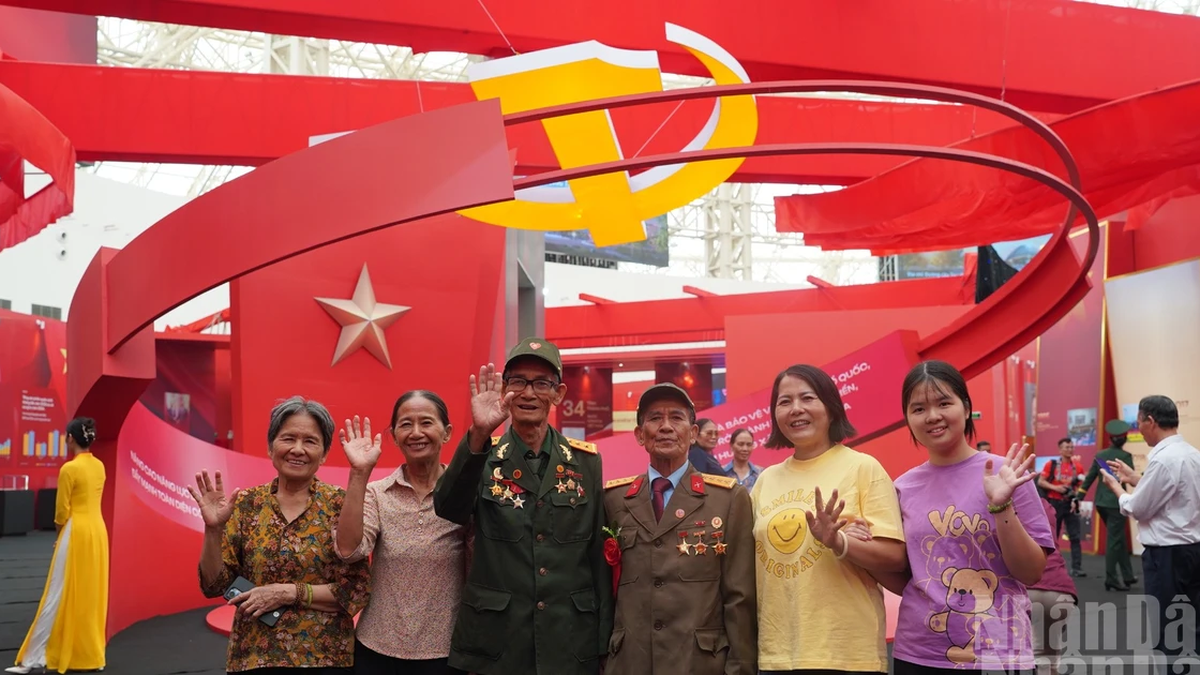




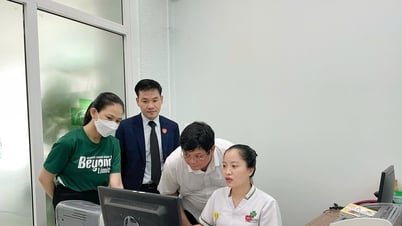

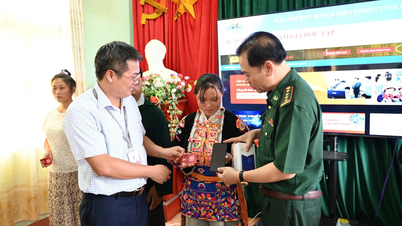

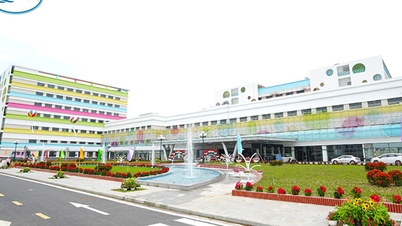



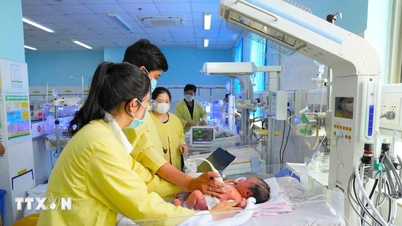


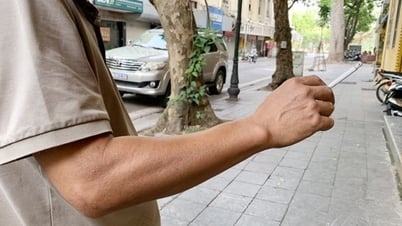










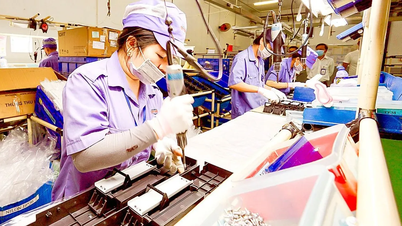














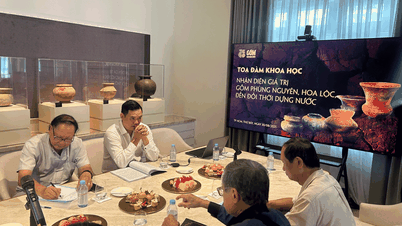

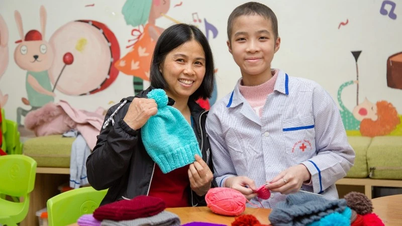




































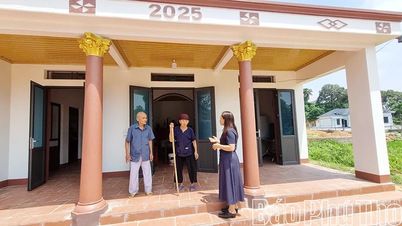















Comment (0)